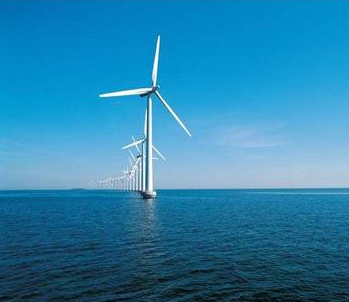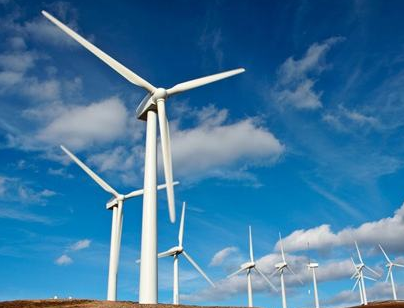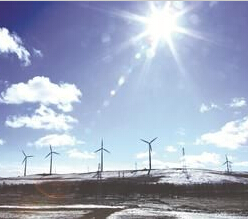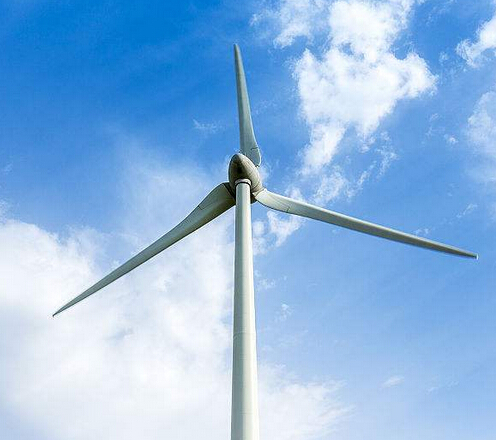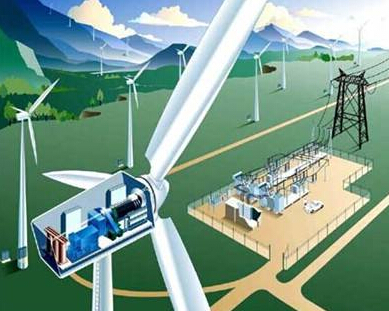Last year, the world had been relying on the sun because of its investment in solar energy over coal, oil, gas, and nuclear energy.
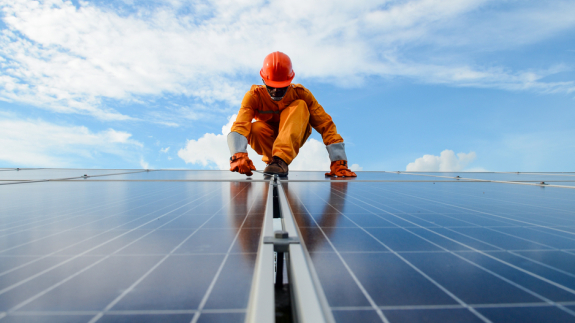
According to a new report from the UN Environment Agency, the Frankfurt School-UNEP Cooperation Center and Bloomberg New Energy Finance, in 2017, renewable energy attracted an investment of 160.8 billion U.S. dollars, of which the newly added solar energy capacity reached a record 98 GW.
The report shows that in addition to large-scale hydropower, the total investment in solar energy for all renewable energy investments is 279 billion U.S. dollars, which is higher than the new investment of 103 billion U.S. dollars for coal and natural gas.
Last year, 157 GW of renewable energy projects were put into operation worldwide, a significant increase from 143 GW in 2016, and after adjusting for the closure of some existing plants, it far exceeded the 70 GW of new fossil fuel capacity.
In 2017, developing economies, including China, Brazil, and India, promised to invest 177 billion U.S. dollars (for renewable energy power generation, which is 20% higher than the U.S. billion U.S. investment of 103 billion U.S. dollars).
It is said that the cost of solar power generation and wind power will continue to promote global deployment to some extent.Erik Solheim, head of the UN Environment Agency, said: "The significant increase in solar investment indicates that the global energy map is changing, and more importantly, the economic benefits of this transformation."
Investments in renewable energy will enable more people to earn income, provide more employment opportunities, and be better high-quality jobs and higher-paying jobs. Clean energy means less pollution and brings healthier and happier development.
















 RCCN WeChat QrCode
RCCN WeChat QrCode Mobile WebSite
Mobile WebSite